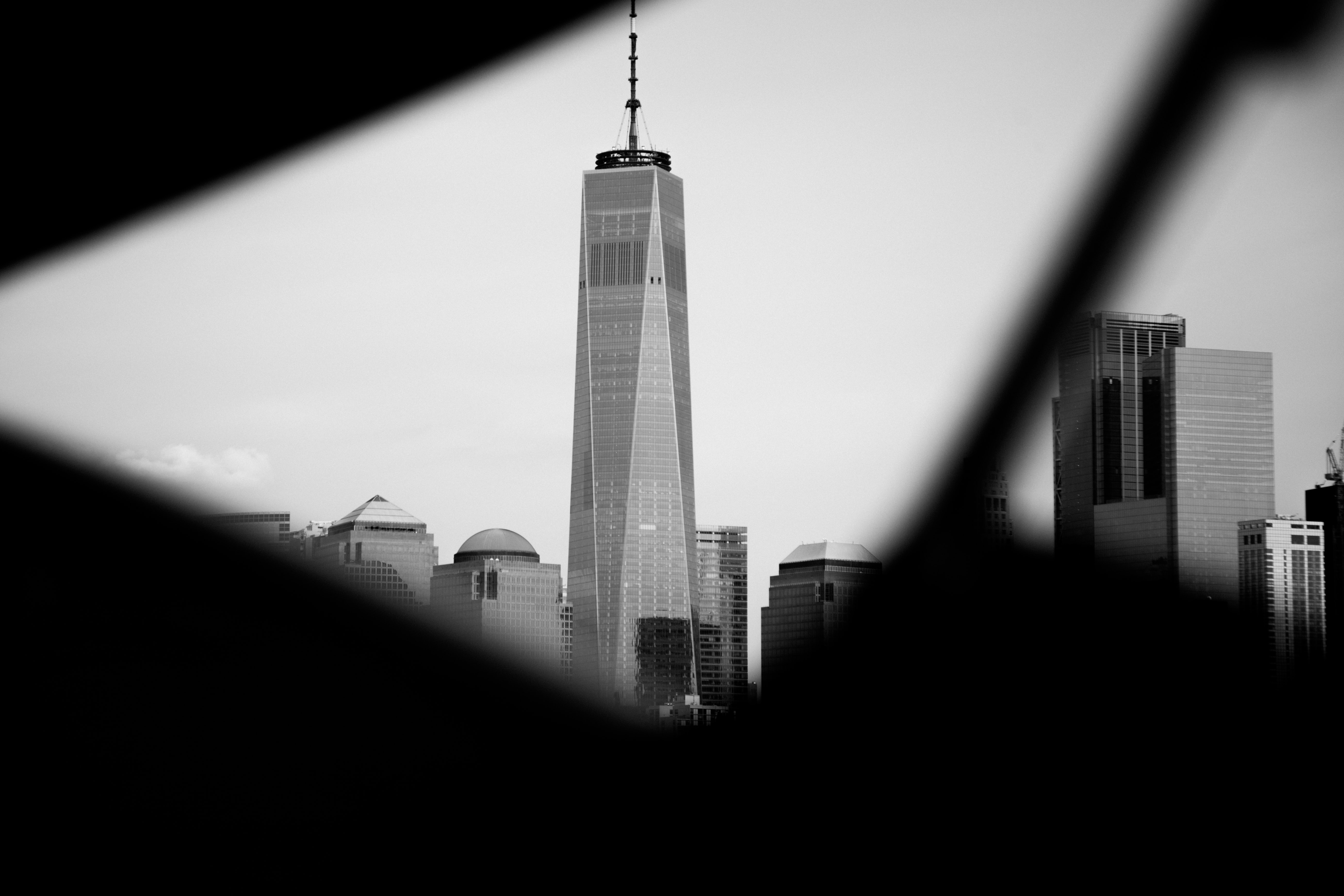![]()
On Tuesday, Sept. 11, 2001, producer Kristina Kendall was in New York working on a story for ABC that was due that Friday. The editing room in which she worked had multiple video screens, making it nearly impossible for Kendall to miss the footage of a plane colliding with the World Trade Center. However, she and most of America assumed this to be nothing more than a horrific accident.
“Little planes hit buildings occasionally,” she says, “so we all just kept sitting there working.” When the second plane hit, it was immediately obvious to everyone in the room that this was no mere accident. The ABC news editing team was not alone in this realization. People across the globe simultaneously stopped what they were doing to call loved ones and turn up the volume on their radios and televisions.
Kendall then received a call from her mother, who instructed her to get in the car and drive home. The producer refused, however, knowing her job was far from over. She recounts how the news aired 24 hours for five days straight with no commercial breaks, though she admits the overwhelming coverage did not guarantee much new information.
“It was the same story over and over, picking up on different angles,” Kendall said. Nevertheless, it was necessary. Kristina may not have been uncovering bodies from the dust and debris, but she was helping in the way she knew how, and that was keeping the world informed of the unfolding tragedy.
She recalls a friend whose fiancé was working in the towers and helping her put up flyers with his name and description. This was not uncommon, as Kendall said that “there were flyers of peoples’ loved ones everywhere.”
When asked how her experience differed as a New Yorker, Kendall comments, “Nobody other than New Yorkers really understand what it was like … to smell the acidity in the air, the fires that burned for forever and that feeling of ‘where are all these people?’”
Blake Saunders, then a high school student in New York City, agrees. This was something that united New Yorkers rather than tearing them apart.
“People give up a lot to live in New York. They act like they’re disconnected, but in reality, they live closer together than most people do. I think there is a certain connection between New Yorkers when something happens which can unite people. Everyone is struggling together to live on such a small piece of land.”
Both Kendall and Saunders walked away from the tragedy of Sept. 11 with a similar perspective.
“I wish that Americans would remember that there’s so much more that brings us together as people than tears us apart, and I think that we did remember that at that moment, and I wish that that was more [present] in all of our minds,” Kendall remarks. She acknowledges, however, the depression that the memory of Sept. 11 still evokes.
“For those of us who were here, it’s like a trauma that you revisit. I know it belongs to everybody, but it feels so personal to those of us that were here. There really was in so many ways a before and an after Sept. 11.”
Photo by Brendan Church on Unsplash





